“How do you improve children’s vocabulary?” This is a question that I am frequently asked. Especially by parents who are preparing their children for 11 plus exams as vocabulary is crucial for many verbal reasoning question types and English success too.
I often ask them, “How often do you intentionally expose your child to new vocabulary?”
That might seem like a strange question, but deliberately providing meaningful activities to expose children to new words is a brilliant way for them to learn. Learning through new experiences, games and using their senses is much more effective than trying to learn random words on a list.
Whether you are preparing for secondary school entrance exams or looking for fun ways to boost vocabulary at home, I’ve got 5 fun and easy ideas for you to try out.
Affiliate Disclosure: This post may contain affiliate links. This means that I may receive a small commision – at no cost to you – if you make a purchase through these links. Thank you for your support!
5 Easy Ideas for Boosting Children’s Vocabulary Fast!
In no particular order, here are some ideas to help your children learn new words, broaden their vocabulary and deepen their understanding of language.
01 – Visit interesting places
Go to local museums, galleries, theatres and exhibitions. Talk about everything you see that is new, interesting or unusual. Encourage them to ask questions about what is around them and find out some facts. Read all the signs and labels and discuss new language as you go.
Take a really close look at the things you come across. What materials are they made from? Man-made or natural? What adjectives could be used to describe them? Are there some synonyms that you could suggest? For example, perhaps you could look at colours used in a painting. Is the woman in a red dress? Is it scarlet, vermillion, crimson or ruby red?
Opportunities like these are perfect for building vocabulary as well as general knowledge. Learning vocabulary by seeing, hearing, touching, smelling and tasting new things brings meaning to life.
02 – Transform everyday routines into learning opportunities
We tend to go about our regular daily activities on autopilot. But even the school run or a trip to the supermarket are opportunities to expand vocabulary and general knowledge.
When I start working with children for 11 plus exams, one of my initial activities is a general knowledge quiz. I ask them questions to do with the world around us such as:
- Can you name three different root vegetables?
- How many nouns can you think of in 20 seconds that begin with ‘t’?
- Name four items that you might find in the bakery section of a supermarket.
Children’s responses can be quite surprising! But more often than not, this type of general knowledge vocabulary is really difficult for them and they struggle to name more than one or two relevant words.
So how can the supermarket shop or school run help them broaden their vocabulary?
Just look at what’s around you. What are the names of the trees that you pass or the flowers in people’s front gardens? Don’t worry if you don’t know either – it’s actually brilliant for your child to see you as a learner too. When you do the weekly shop, get them to help you. Take a look at all the different types of bread there are – can they find a ciabatta, or a granary loaf? What food do they expect to find in the dairy section? Take a look and see how many they suggested. Can they find six different types of pasta?
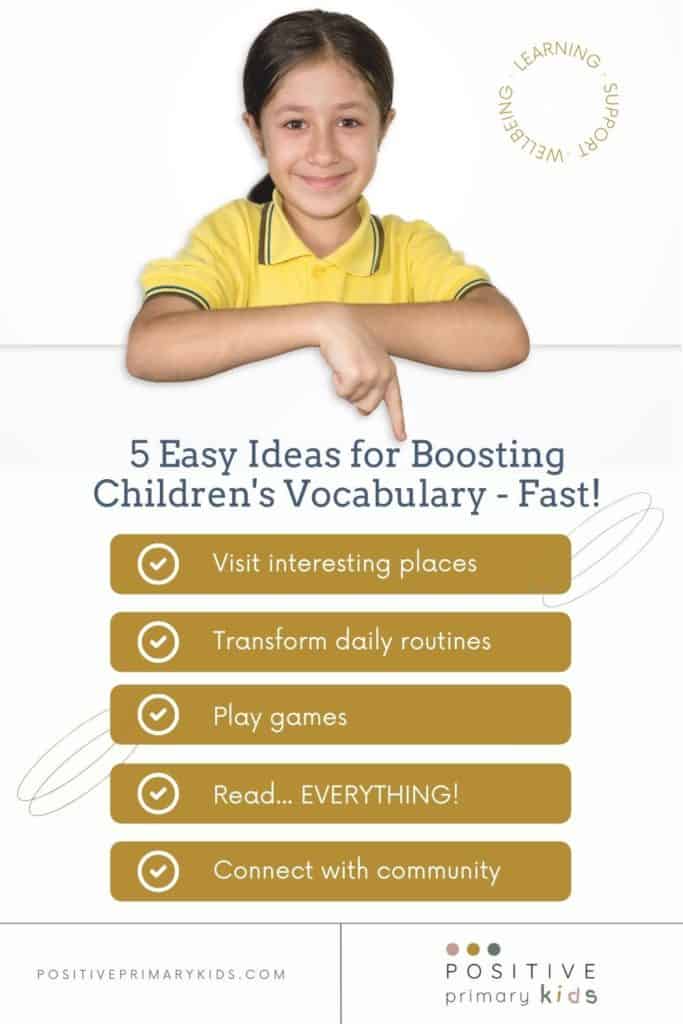
03 – Play games
There are so many great games that you can play for fun that will help build vocabulary too. The current Wordle trend proves how fun and addictive they can be! You can easily create your own wordle games on paper too.
Some of my favourite board games for building vocabulary – pictured below – are Scrabble, Boggle and Bananagrams.
Scrabble
Scrabble Junior is a kids’ version of the original board game but with simpler scoring and a more colourful design. It’s a good introduction to scrabble that’s suitable for 2-4 players, so you can play as a family.
- Scrabble Junior is currently £16.99 on Amazon
- Original Scrabble is also £16.99 on Amazon
Boggle
Boggle is a firm favourite in my lessons. It’s a really fun and simple game that uses lettered dice which you have to create words from. Players compete against the clock (sand timer) to write the most words. What I particularly like about boggle is that there are a lot of variations that you can play and kids often enjoy coming up with their own rules.
- Boggle is available on Amazon for just £11
Bananagrams
I also highly recommend Bananagrams – a really popular word game that comes in a fun banana-shaped bag! Like scrabble, it involves building words with letter tiles but there are lots of exciting variations of the game depending on how many players there are and how much time you have to play.
- Bananagrams is currently £12 on Amazon
04 – Read ALL THE THINGS!
I’m sure that you don’t need me to tell you that reading is one of the best ways to improve vocabulary, but it really is true. Children who enjoy reading and do so regularly are likely to have wider vocabularies than those that don’t.
Even if your child reads every day, I would still encourage you to add to their routine in the following ways:
- Read aloud to them. Sharing a book with them that is more difficult than they would choose will introduce them to plenty of new vocabulary. It gives you a great opportunity to discuss words with them and help them use context clues to understand meanings.
- Encourage them to read other things than books. There’s lots of new vocabulary to be found on the back of a food packet, an instruction booklet or flyers that come through the letterbox advertising services. New words are all around us!
- Ensure that they have a good range of books to read. A good mix of challenging books, books on topics that interest them and easy, relaxing reads is important in nurturing a love of reading for pleasure.
If you are looking for fiction that is pretty much guaranteed to boost vocabulary, I recommend S. L. Ager’s growing series of novels. They are really unique because challenging vocabulary has been deliberately woven through the stories and every page has a built-in dictionary to define new and challenging words.
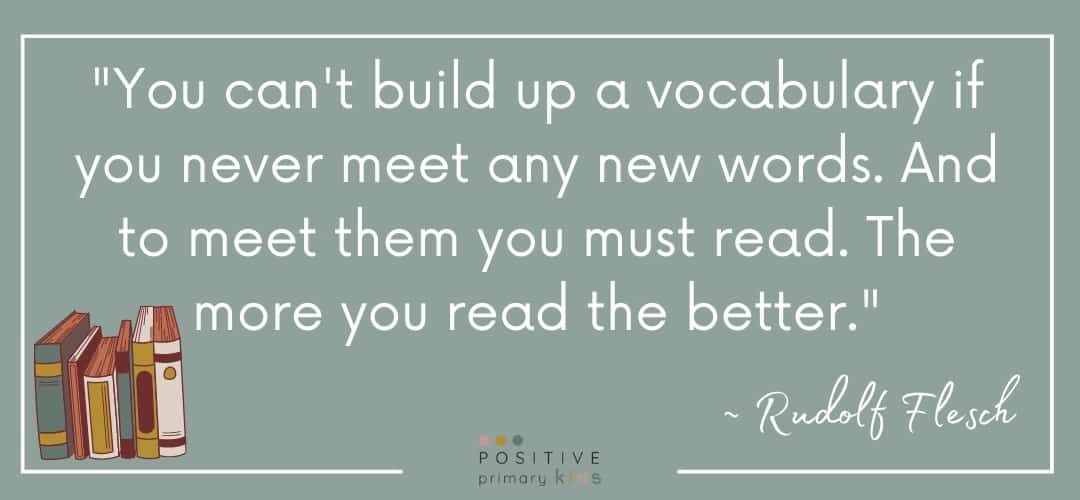
05 – Listen to and talk with a wide range of people
Our families, friendship groups and communities are made up of such a broad spectrum of people, each with their own stories. Look for opportunities for yourself and your child to ask questions and have conversations with a wide variety of people from different backgrounds. Not only will this broaden their vocabulary, it’ll improve their social skills and sense of belonging too.
If this isn’t practical for you, listening to talk radio stations with interesting guests and watching documentaries will immerse them in rich and varied topics, ideas and language.
Tips and reminders
These ideas make word meanings easier to understand, because they are discovered in context, they are ‘real’ and relatable.
Most kids really are sponges when it comes to words, but it does take repetition for vocabulary to become embedded. Various studies suggest that you need to be exposed to new words anywhere between six and thirty times to learn them. Try and drop new words into conversations in different ways regularly.
There’s no need for kids to be aware that these are ‘learning activities’ – that might turn them off. All of these games and ideas are much more effective and enjoyable if they just… happen. Don’t be tempted to turn these ideas into lessons, lists of words to memorise or tests. View them as enrichment activities.
I’ll leave you with one final suggestion. You may be tempted to adjust your language around your child to simplify it for them. Have a go at doing the opposite and encourage them to use context clues to work out what you mean.
Do you have any tips for building vocab?
I hope this has given you some inspiration to explore some different ways to boost your child’s vocabulary.
Let me know if you’ve got any questions or tips to share in the comments below!


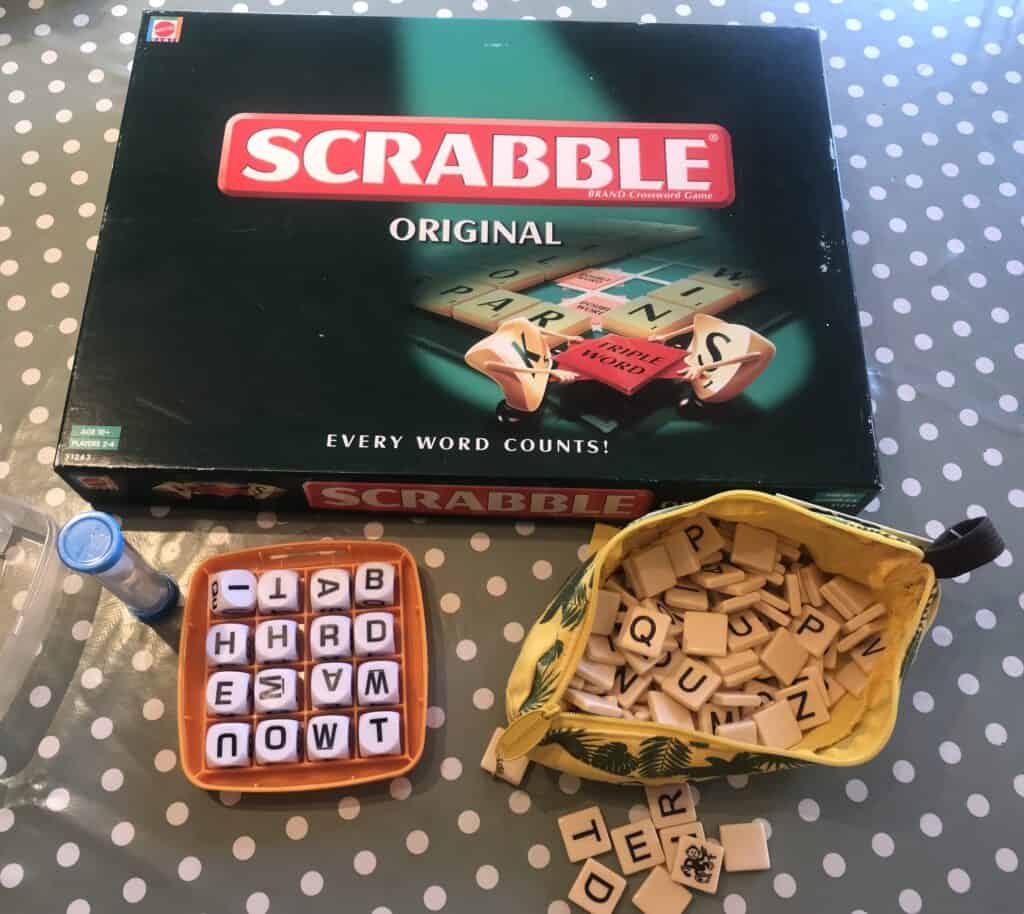

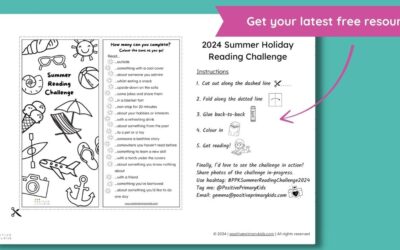
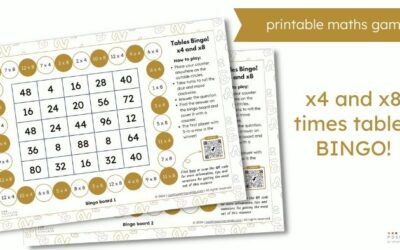
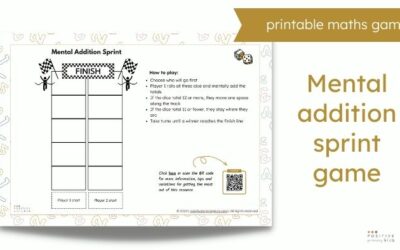
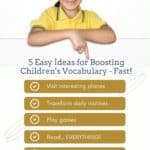
0 Comments